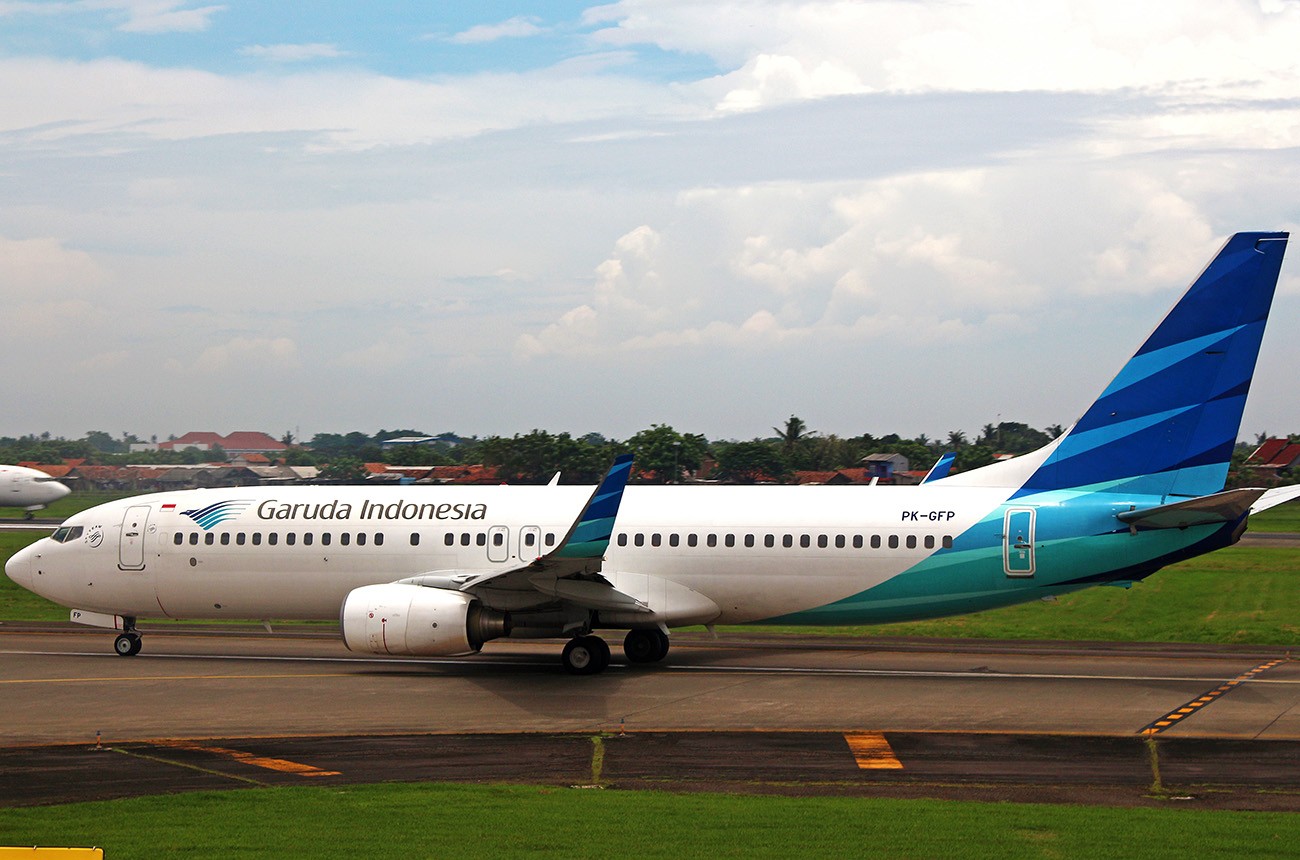Popular Reads
Top Results
Can't find what you're looking for?
View all search resultsPopular Reads
Top Results
Can't find what you're looking for?
View all search resultsDispute over Garuda report
Change text size
Gift Premium Articles
to Anyone
W
e wonder why the Finance Ministry, the management board of the Indonesia Stock Exchange and the Financial Services Authority have not acted quickly and firmly to clarify the dissenting opinions of two major institutional shareholders on the 2018 consolidated financial statement of the US$4.37 billion publicly listed Garuda Indonesia airline.
We think there should have been a very strong point of argument for the two shareholders, Finegold Resources Ltd. and Trans Airways, a unit of the widely diversified CT Group, to raise strong objection to a major item of income in the financial report. They should have known that raising such controversy would affect the stock price and damage their assets. After all, both shareholders own a total of 28.08 percent of the national flag carrier.
They did not raise the objection in bad faith, because they also gave credit where credit was due. They even acknowledged during the shareholders meeting last month that Garuda’s financial performance had improved significantly in the first quarter of this year.
The differences of opinion about the definition of $240 million of accrued income between the government majority shareholders and the two private shareholders could have been resolved quickly according to Indonesian Accounting Standards.
Even though the shareholders meeting, which was controlled by the government as the majority shareholders, finally accepted Garuda’s 2018 financial report, the controversy raised some doubts over the whole financial statement because the disputed item of accrued income changed Garuda’s financial bottom line to an $809,850 net income for 2018 from a total loss of $216 million booked in 2017.
Allowing the controversy to linger much longer as a heatedly debated issue in the public not only would raise doubt over the reputation of Garuda but also the quality and reliability of the audited reports of publicly traded companies on the stock exchange.
Yet more disconcerting is that the financial statement was audited by the Indonesian affiliate of BDO International, one of the five-largest accountancy companies in the world.
The controversy painfully reminded us of the financial scandal and fraud late last year that led multifinance company PT Sunprima Nusantara Pembiayaan (SNP) to default on Rp 1.8 trillion ($124 million) in bank loans and medium term notes.
The strange thing was that SNP’s financial reports were audited with unqualified opinion by the Indonesian affiliate of international accounting firm Deloitte and the medium-term notes were rated by state-owned PT Pefindo rating agency as investment grade. But only a few months after getting a clean bill of health from such a reputable accounting firm, SNP collapsed without any early warning.
Even though the Finance Ministry had penalized the auditors of the Deloitte affiliate, we still find it puzzling how such a major international auditor could have overlooked such big risks of fraud within the SNP management. After all, SNP was then a long client of Deloitte.










